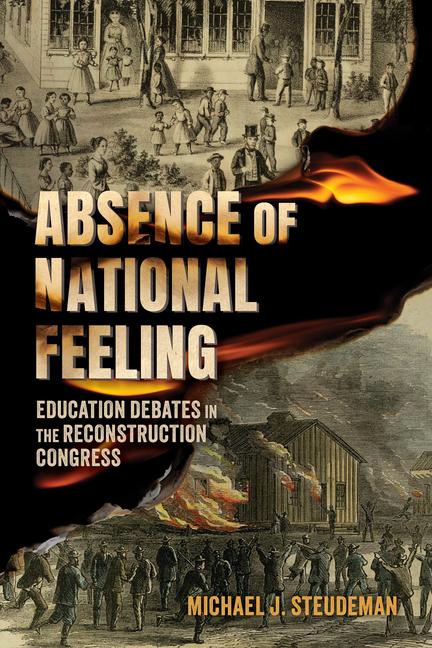Description
Reconstruction Era advocates embraced education as a way to orchestrate the affective life of Americans. They believed education could marshal feelings of hope, love, shame, and pride to alter Americans' predispositions toward other citizens. The most assertive educational advocates believed that schools would physically bring together children divided by race or religion, fostering shared affinities and dissolving racial hierarchies. Schooling promised to be an emotional adhesive, holding together the North and South and facilitating US expansion into the West.
Through protracted debates over national education funding, the fate of the Freedmen's Bureau, and school desegregation, members of Congress negotiated schools' potential as a vehicle for social change. By Reconstruction's end, most members of Congress accepted schooling as an element of national reconciliation. To reach this tenuous consensus, though, legislators sacrificed their call for schools to intervene in the feelings of prejudice, resentment, and superiority that sustained the culture of slavery. Rejecting a transformative educational vision, Congress took another tragic step in its abandonment of Reconstruction.
Focusing on the words spoken in the Reconstruction Congress, Absence of National Feeling contends that educational rhetoric appealed to legislators debating whether the federal government could, or even should, alter public feeling. Tracing congressional transcripts between 1865 and 1877, author Michael J. Steudeman illustrates that these debates lastingly helped to both define and delimit the possible trajectories of education policy.
Product Details
- Jul 1, 2025 Pub Date:
- 1496858468 ISBN-10:
- 9781496858467 ISBN-13:
- English Language




